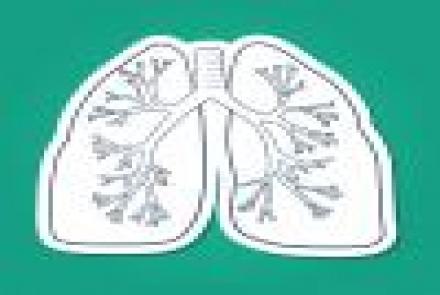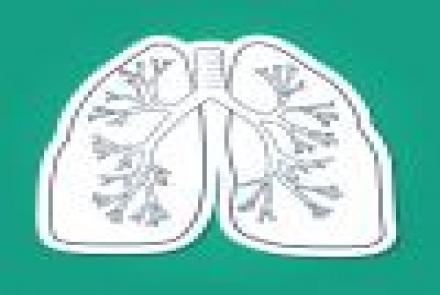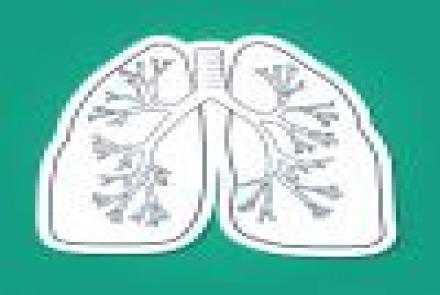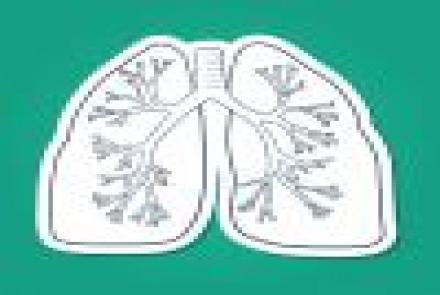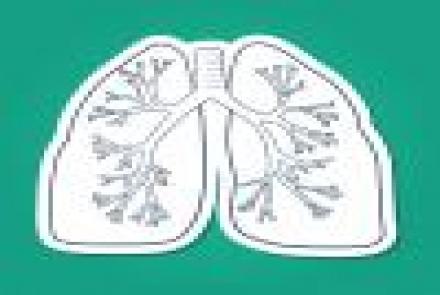It is important to determine the type of urinary incontinence that you have since it will guide treatment decisions. The doctor may do some of the following tests:
Thorough medical history and physical exam
Urine analysis: Sample of urine will be checked for any signs of infection or other abnormalities.
Bladder diary: You should record how much you drink, when you urinate, amount of urine you produce and the number of incontinence episodes.
Post void residual measurement: You…
Latest Stories
- Treatment of urinary incontinence depends on the type, its severity and the underlying cause. A combination of treatments may be needed to treat urinary incontinence. The doctor may suggest some of the following: Medications Anticholinergics: Oxybutynin (Ditropan XL), Tolteridone (Detrol), Darifenacin (Enablex), Fesoterodine (Toviaz), Solifenacin (Vesicare), Trospium (Sanctura). These medications can calm an over-active bladder and may be helpful for urge incontinence. Mirabegron (…
- Fluid and diet management You have to avoid alcohol, caffeine, acidic foods to regain control of your bladder. Reducing liquid consumption, losing weight, increasing physical activity can reduce the problem. Speak to your doctor about a diet and fluid plan. Physical fitness Doing regular exercises can help to strengthen the muscles that control urination. Tighten the muscles you use to stop urinating and hold for 2 – 5 seconds and then relax for 2 – 5 seconds. Do this exercise at least ten…
- You cannot prevent all cases of urinary incontinence, but there are some steps to reduce your risk of episodes. Try to live a healthy lifestyle by maintaining a healthy weight, avoid smoking, do regular exercise, and eat well. Have enough fibre in your diet, in order to prevent constipation.
- What tests do you need to have done Medical history and physical examination: The doctor will take your history and based on symptoms and signs suggestive of lung cancer, may recommend some of the following tests: Blood test: This is primarily to understand the overall health status of the person. Imaging tests: Chest X-ray: This can detect an abnormal large mass or small nodules in the lung. CT scan: This can detect small lesions and provide a more detailed view of the lungs, which is…
- Can lung cancer be prevented? You can lower your risk by doing the following: Stop smoking Avoid second-hand smoke Avoid carcinogens at work Work with other people to keep your environment pollution-free Eat low-fat, high-fibre diet and do regular exercise Screening Screening: Screening is recommended for high risk individuals which includes: Those between the ages of 55-79 Smoked for 30 or more years Person who has quit smoking within the past 15 years Screening test includes: …
- Cancer that starts in the lungs is called primary lung cancer. The lungs are common sites for metastasis of other types of cancers, which start elsewhere in the body, such as breast cancer or colon cancer. That is called secondary lung cancer. It is important to know whether the cancer started in the lungs (primary) or has spread to the lungs (secondary). Cancer cells will be different in primary and secondary lung cancer, so the treatment will depend on the type of cancer. For eg. cancer that…
- There are usually no symptoms in the early stage of lung cancer. In most cases, diagnosis is made after the disease has advanced. Common symptoms include: Having a cough most of the time Cough that does not go away after 2-3 weeks or becomes worse Pain in chest, shoulder, back or arms, which is not associated with coughing Shortness of breath Coughing of blood or blood in sputum An ache when breathing or coughing Recurrent chest infection such as pneumonia Hoarseness of voice Loss of appetite…
- You are at risk of developing lung cancer if, you are: A smoker: Smoking is the main cause of lung cancer. Smokers are at 15-20 times greater risk of developing lung cancer than non-smokers. The risk increases with the number of cigarettes smoked each day and the number of years you have smoked. Doctors calculate risk in pack years (number of packs of cigarettes smoked per day multiplied by number of years smoked). Risk increases with even 10 pack years of smoking history. Even if…





